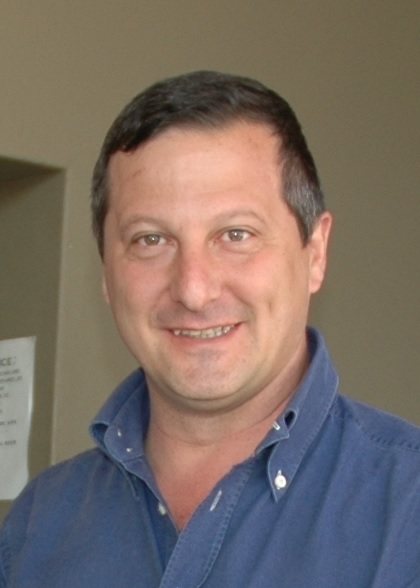Dark clouds over a closed world: with these words, Pope Francis titles the first chapter of Fratelli tutti. They are weighty words, which seem to indicate an underlying pessimism. In fact, the analysis that follows lays bare a complex and not always pleasant reality. But there is no pessimism here: it is realism. Human experience obliges us to recognise that in today’s world, but perhaps in the world of all times, there are such disparities that we can say that we are not brothers. Or rather, we do not treat each other as brothers.
The brief analysis proposed by Francis underlines how we have lost direction. If the global path after the Second World War had given hope in the ripening of universally recognised values, reality tells us that we are far from the goal. Instead, we can speak of a retrogression of human rights, of a return to tribal conflicts, of war of interest, of a growing detachment between politics, finance and life. In other words, the momentum of internationality and renewal that had swept through the 1960s has waned without clear progress.
Francis notes how human rights and international peace are in a state of continuous fragility. In this situation, to establish social fraternity one must certainly aim to re-establish peace between peoples. Not just any peace, but a peace that offers people the chance to grow. This calls for reflection on what true peace is, and the need to grasp the meaning of true peace.
In the biblical world, peace is referred to by the word shalom. But shalom does not mean peace in the sense of absence of conflict. Biblical shalom means the social situation in which each person can realise his or her full potential, using his or her talents and drawing on common resources. Biblical shalom requires a true communal journey to achieve social justice, the equitable distribution of resources, a true personal space in which the individual person can mature in personal fulfilment and relationships.
Shalom envisages success but also personal and communal happiness. It also envisages the social commitment of all. Shalom is not achieved by waiting for it, sitting on our hands, or hoping that others will fight for us. True peace must be earned and we must fight for it. The word struggle might seem out of place in this context. Instead, biblical shalom requires the individual and the community to become aware of the importance of always restoring the balance between people and the needs of all. A balance that respects otherness – our being similar but different – while promoting unity.
The encyclical Fratelli tutti encourages us to be the leading characters in this journey of rediscovery of diversity, of knowledge of the riches of human nature, and of the search for new paths of fraternity. This will help us to transform globalisation from a clash of life models into an encounter between people.



